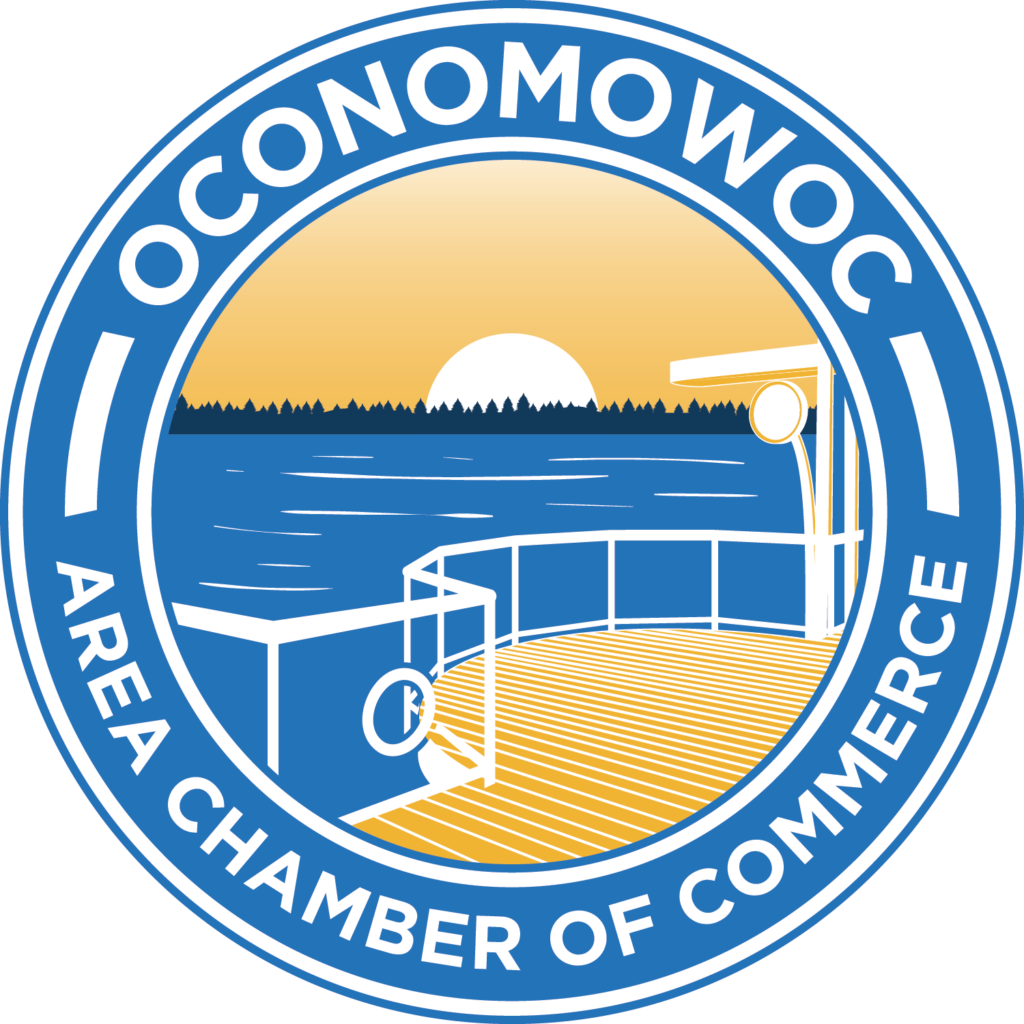Do You Own A Business Or A Job?
Contributed by Idea Collective Member:

Brad Herda
Vision Forward Business Solutions
You say you're a business owner. Are you really?
Many entrepreneurs have put themselves in a position of owning a job, whether it is just them in the business or having 50 employees.
As a person supporting blue-collar businesses, I see all too often a company that has been around for many years, and then there is nothing of value to sell or transition at the end.
This article aims to provide the solopreneur and entrepreneur with a few things to consider in order to create a business that has value and can be sold or transferred at some point.
Here are the top 3 things I see small business owners do that are not helping them build a business.
1. Is your business bankable?
Do you have sufficient measures where a bank would be willing to give the business a loan, not you personally?
You don’t need to spend hundreds of dollars per month to create a good financial picture for your business. Yes, there are benefits to using QuickBooks or other tools; a simple excel file can also do the trick. The key here is to be disciplined.
The most significant opportunity is separating all personal activity from business activity. So many LLC owners never take this step. Having a business credit card, bank accounts, business PayPal, Venmo and Amazon accounts are all the things that will help show a bank your actual cash flow and earnings. Yes, your “tax guy” may say it doesn’t matter, that may be true today. However, bad habits created today become harder to break the longer you have them. A great resource to consider is “Profit First” by Mike Michalowicz, a simple financial system that can significantly impact your business.
There are additional benefits to separating personal and business. When you buy a car or home, your schedule “C” for taxes may not be enough for the lender. With the boom of self-employment, these small decisions can create a lot of stress and anxiety for you and those you care about.
2. Are you the business?
How long can you be away from your business and still be in business? Yes, many owners are also the service provider and trade time for dollars and cannot imagine taking time off. And this is a significant value driver when we calculate business values. If you are involved in every detail, you are also an employee.
One way to move you away from being an employee is looking at support from virtual assistants (VA) or other places like Upwork or Fiverr. If you are “how” for everything in your business, you have a job, no matter what you think. A great read is “Who, Not How” by Dan Sullivan.
Getting clear on your areas of genius is a critical step in unlocking the full potential of being a business owner. Too many want to do it all, no one can do it better than you, and I don’t have the time to train. These all may be true, and my question is, what is the cost of your “perfection and control”? What could you be doing with that time instead?
Try this simple exercise:
Ask yourself, would you pay someone the costs for the tasks you completed as a business owner? My guess is you are overpaying by over 50% for you to do your work.
3. What are you #1 at?
There is an underlying fear of being focused on a narrow lane. Here is the hard truth: if you are everything to everyone, you are nothing. By trying to do it all, you don’t become memorable, you don’t have a clear message, and you can’t be good at anything.
As a business owner, you should want to be #1 at something. It creates pride in you and your brand.
Here is an example:
You may be the number one accounting firm for car enthusiasts in SE WI. Sounds strange, right? However, everyone knows you are the accounting person for car people, is that bad? Nope, not at all. You and your staff have a clear message. Your networking partners, BNI groups, and networks know what you are experts at. There is now a differentiation between you and the 100s of other firms in your area.
Overcoming the fear of “excluding” others in your message is hard, and it may take many months to figure it out and be comfortable with it.
In the end, let’s face it, business owners have egos and being able to feed the ego and pride knowing you’re #1 is a huge win and value-added to your business.
Others will come, and being transparent in your message tells everyone who you are good at helping and the people you enjoy working with.
So, Do You Own A Business Or A Job?
These are just a few things small business owners often do not spend enough time on. Resolving and getting clear on each of the above will add value to your business and support you in separating being an owner and employee. If you’re unsure of whether or not you own a business or a job, come to the Idea Collective and we’ll help you figure it out!

Contributed by
Brad Herda
Vision Forward Business Solutions
Using decades of communication, accountability, and leadership skills, Brad will develop a plan allowing you more time with your family, develop the next leaders, and create value for your business.






